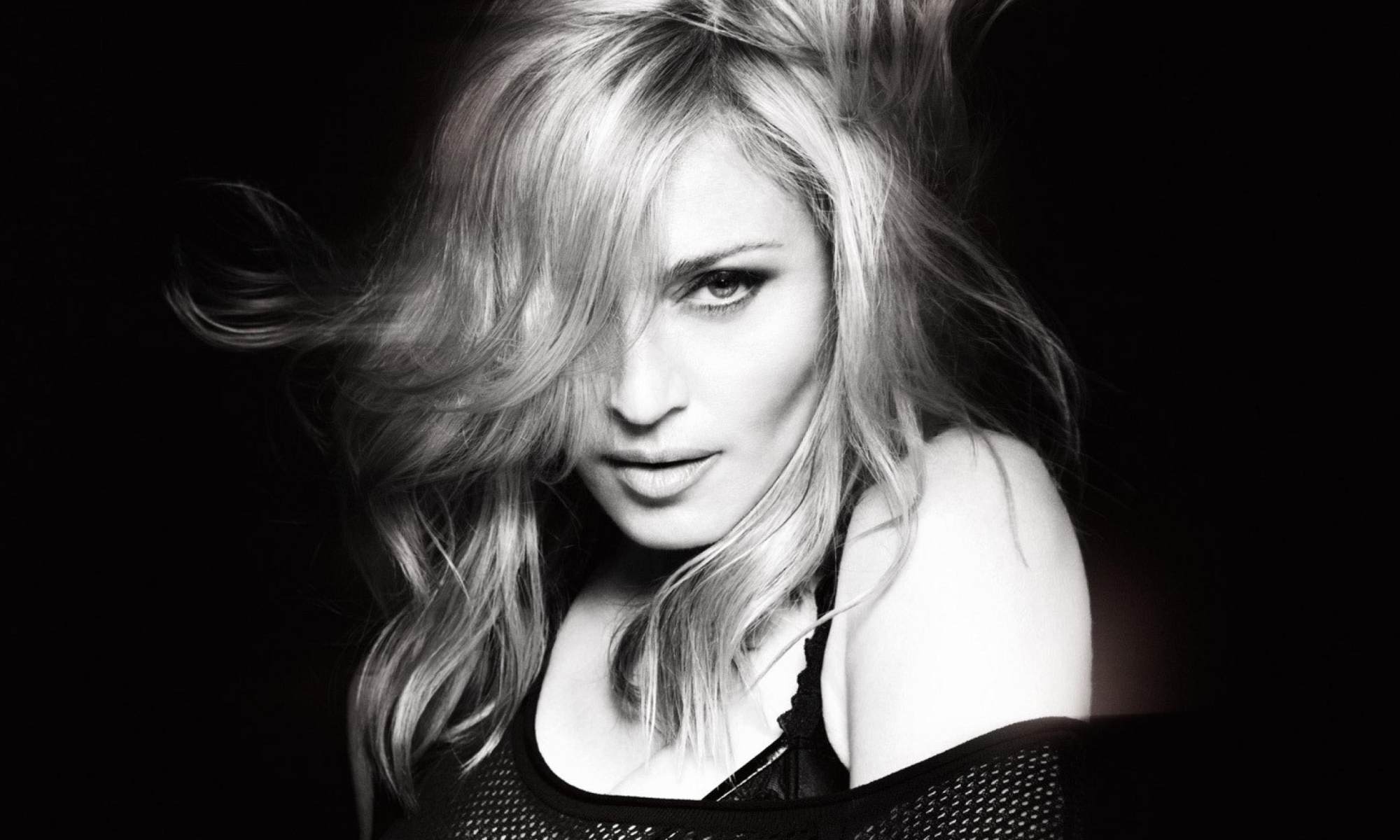hated the bourgeoisie. they were rebels
Arthur Pendragon Interviews Madonna: “Revolution and Rhythm”
Arthur Pendragon:
Lady Madonna, I have seen kingdoms rise and fall, and yet none so strange as the modern world — ruled not by swords or saints, but by sound and spectacle. Tell me, what drew you to the doomed love affair between Frida Kahlo and Leon Trotsky — the painter and the revolutionary?
Madonna:
Frida and Trotsky, to me, are the perfect metaphor for what art and revolution do to each other. She was painting her pain; he was writing his ideology. They collided like fire and gasoline. It’s romantic, dangerous, and completely human. I think every artist who challenges power falls in love with rebellion, and every rebel secretly wants to be loved like an artist.
Arthur Pendragon:
A knight understands such fire. Yet Frida’s revolution was of the body — her brokenness became her beauty. Trotsky’s was of the mind — his vision became his exile. You sang Music makes the people come together. Was that your modern way of binding the bourgeoisie to the beat of the revolution?
Madonna:
Exactly. Music was satire and truth at the same time. It’s about how even the bourgeoisie — the so-called “owners of taste” — can’t resist a good groove. I wanted to level the dance floor. Everyone, from the banker to the bartender, from the activist to the aristocrat, moves to the same pulse. It’s a revolution that happens in the body first. Once you move together, thinking together comes next.
Arthur Pendragon:
A subtle alchemy. You turn rhythm into rebellion — a Camelot of the clubs. Yet tell me, do you see yourself as Frida or as Trotsky in this tale?
Madonna:
Maybe both. I’ve painted with my own blood, metaphorically. I’ve been exiled from the kingdoms of approval more times than I can count. But I still believe in art as a weapon. The dance floor is my battlefield. The microphone is my manifesto.
Arthur Pendragon:
Then you, Madonna of the electric age, are no less a knight than I — your armor, rhythm; your sword, melody. Shall we say, then, that the Grail you seek is not eternal life, but eternal relevance?
Madonna:
(Laughs) Maybe the Grail is just connection — that one moment when the walls come down, the lights flash, and everyone — even the bourgeoisie — forgets who owns what, and just feels. That’s as close to heaven as we’re getting tonight.
Arthur Pendragon:
Then dance on, Lady of the Beat. For in your rebellion, I see the reflection of my own quest — to find the divine in the human, and the sacred in the song.

